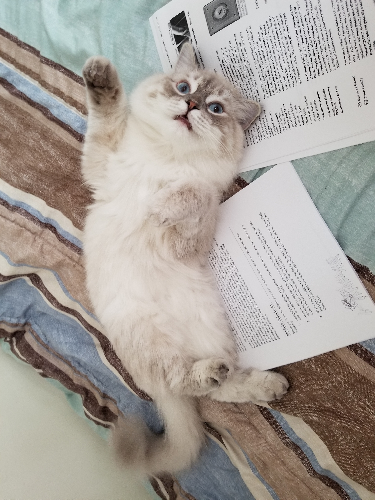October 2001 LSAT - Section 1 - Question 21

Balwant November 17, 2020
I have the same question. I was stuck between these two answer choices. Is B a trap answer?Andres December 17, 2021
I believe it is because the lack of sleep (only 4 to 6 hours) is already addressed in the stimulus as being a contributing factor to the patients condition. so the initial two hours of sleep is irrelevant to the patient's betterment. Also, the stimulus is set up in a way that is meant to be a paradox between not getting enough sleep and not advising more sleep. so what i asked myself is "why would you not advise someone who does not get enough sleep to sleep more to potentially improve their condition?" I also chose B at first, but when going over the answer again it kind of clicked in my head this way.
Ravi February 11, 2022
The problem with B is that even if the first few hours of sleep do the most to get rid of fatigue, it could still be true that more hours of sleep will still help to reduce the patient's fatigue even more, so B does not resolve the doctors's lack of advice about more sleep.